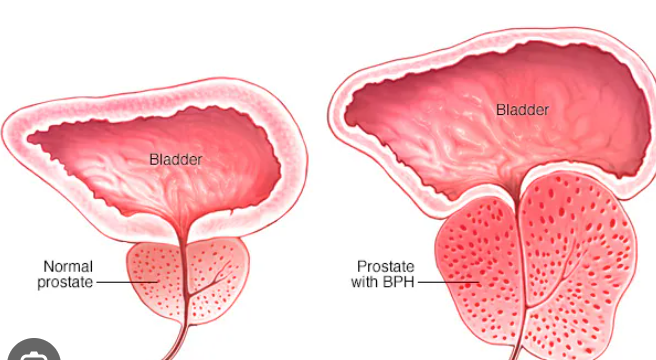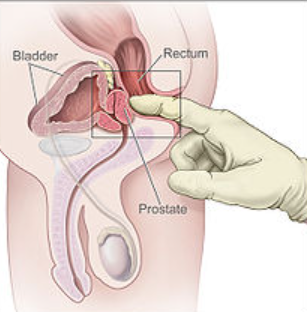Having an enlarged prostate can be an uncomfortable and bothersome condition that affects many men as they age. Medically known as benign prostatic hyperplasia (BPH), this condition can lead to urinary problems and impact a man’s quality of life. While it’s essential to consult a healthcare professional for proper diagnosis and treatment, there are natural ways to support prostate health. In this article, we will explore some effective methods to alleviate the symptoms of an enlarged prostate and improve overall well-being.
Understanding Benign Prostatic Hyperplasia (BPH)
Before delving into potential remedies, it’s crucial to understand what BPH entails. The prostate is a small gland situated beneath the bladder and surrounding the urethra. As men age, the prostate may undergo enlargement, which can constrict the urethra and lead to difficulties with urination. Symptoms of BPH include frequent or urgent urination, weak urine flow, difficulty starting or stopping urination, and the sensation of incomplete bladder emptying.
1. Lifestyle Modifications for Enlarged Prostatee Health
a. Balanced Diet

Eating a well-balanced diet rich in fruits, vegetables, whole grains, and healthy fats can have a positive impact on prostate health. Incorporate foods high in antioxidants, such as tomatoes, broccoli, and berries, as they may help reduce inflammation in the prostate.
b. Regular Exercise
Engaging in regular physical activity can promote overall well-being and support prostate health. Aim for at least 30 minutes of moderate exercise most days of the week. Activities like brisk walking, swimming, or cycling can be beneficial.
c. Stress Management
Chronic stress can have adverse effects on the body, including the prostate. Practicing stress-reduction techniques like meditation, deep breathing exercises, or yoga can be helpful.
2. Herbal Supplements | Enlarged Prostate
a. Saw Palmetto
Saw palmetto is a popular herbal supplement that has been traditionally used to support prostate health. It may help alleviate urinary symptoms associated with BPH. However, it’s essential to consult a healthcare professional before starting any supplement regimen.
b. Pygeum Africanum
Derived from the bark of the African cherry tree, pygeum africanum is another herbal remedy believed to have positive effects on prostate health and urinary function.
3. Zinc and Selenium
Zinc and selenium are essential minerals that play a role in prostate health. These minerals can be found in various foods like nuts, seeds, and whole grains. However, excessive supplementation should be avoided, as it may lead to adverse effects.
4. Limiting Fluid Intake Before Bedtime
To minimize nighttime trips to the bathroom, it’s advisable to reduce fluid intake, especially alcohol and caffeine, a few hours before bedtime.
5. Avoiding Bladder Irritants
Certain substances can irritate the bladder and worsen urinary symptoms. These may include spicy foods, artificial sweeteners, and carbonated beverages. Identifying and limiting consumption of such irritants can provide relief.
Conclusion
Dealing with an enlarged prostate can be challenging, but incorporating these natural methods into your routine may offer support and relief. Remember that each individual is different, and what works for one person may not be as effective for another. Always consult with a healthcare professional before making significant changes to your lifestyle or starting any supplement.
FAQs About Prostate Health
1. Can an enlarged prostate be reversed naturally?
While natural methods may help alleviate symptoms, they may not reverse the enlargement itself. It’s essential to seek medical advice for appropriate management.
2. Is it safe to take saw palmetto for BPH?
Saw palmetto is generally considered safe for most people, but it’s essential to consult a healthcare professional before using it, especially if you are taking other medications.
3. Can stress worsen prostate symptoms?
Yes, chronic stress can exacerbate prostate symptoms. Stress-reduction techniques can be beneficial in managing these symptoms.
4. How much exercise is ideal for prostate health?
Aim for at least 30 minutes of moderate exercise on most days of the week to support prostate health.
5. Are there any surgical treatments for BPH?
In severe cases, when other methods fail to provide relief, surgical treatments for BPH may be considered. Consult with a urologist to discuss the available options.






